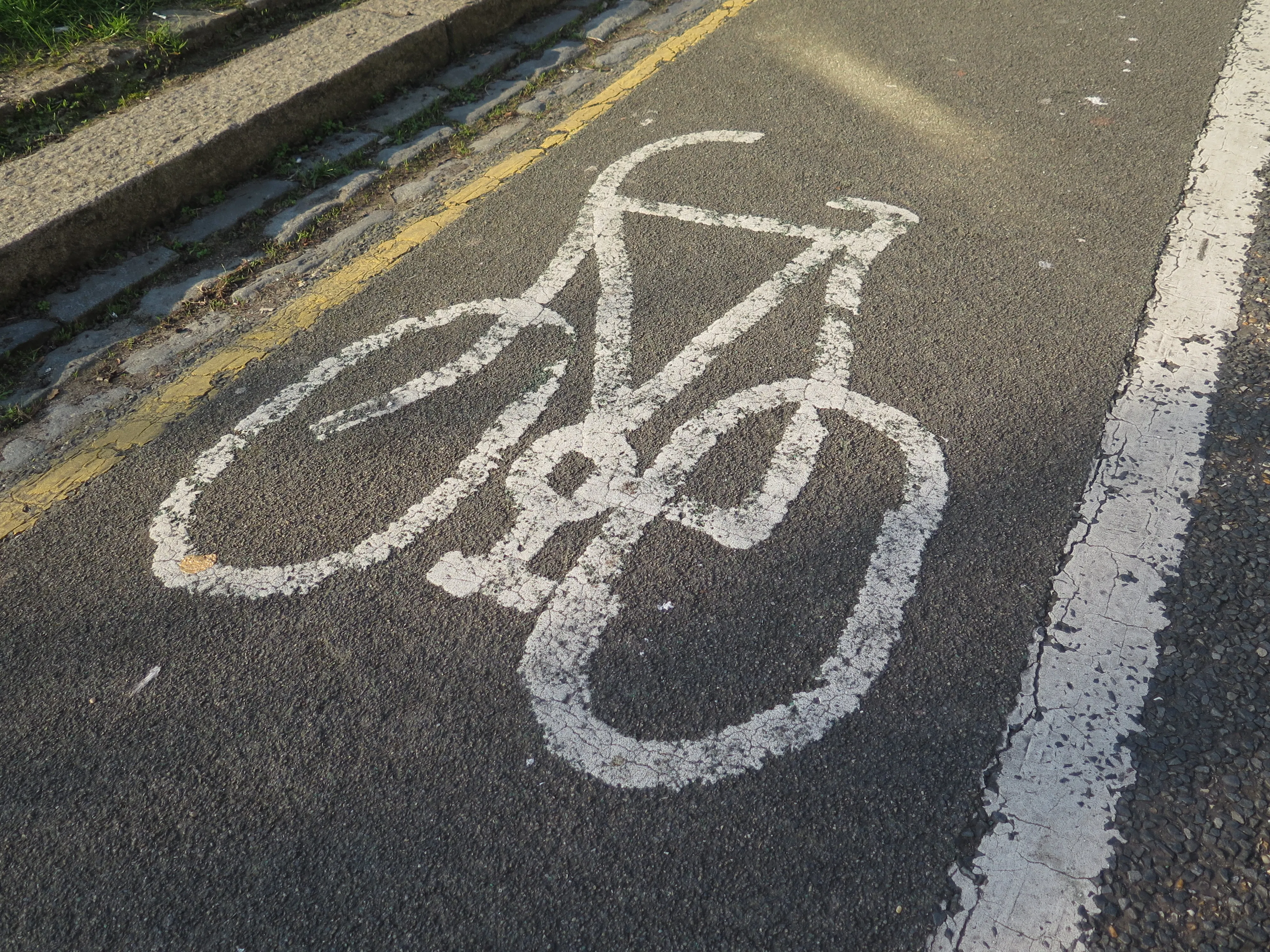
Projects in Uganda and Kenya have won environmental awards from the International Transport Forum (ITF) at the Transport for Inclusive Societies event in Leipzig, Germany.
The inaugural Decarbonising Transport Award, which highlights schemes with potential to help decarbonise transport in emerging economies, is split into two areas: innovation and research.
The innovation category went to Kampala-based start-up Wanyama Autosafety Initiatives for its efforts at reducing air pollution from vehicle emissions.
Wanyama has a network of 400 local mechanics who seek to improve the environmental performance of the Ugandan capital's most polluting vehicles - in a city where pollution levels often reach six times the World Health Organisation's recommended safety limits, ITF says.
The start-up will use some of the €10,000 prize to buy field-based data collection equipment to make the case for tackling vehicle emissions, and hopes to launch an electric vehicle (EV) conversion programme.
Executive director Michael R. Wanyama said: "Early results from this start-up venture clearly demonstrate that a community-based approach rooted in sound data analysis can result in better air quality and improved road safety."
The ITF Decarbonising Transport Award winner in the research category goes to the Transition To Electric Boda Boda project in the Nairobi City County, Kenya.
Boda boda motorcycle taxis are an integral part of the local transport mix, but are often not considered in electric transition policies, ITF says - but the scheme's research addresses the policy, legal and institutional gaps that need to be overcome in order to make this happen.
The €5,000 prize will again be used to bolster the data case for electric transition, identifying the essential steps needed to change from internal combustion engines to electric batteries.
Kenya produces around 70% of its energy from renewable sources, so the switch to electric boda bodas would maximise the decarbonisation impact.
James Moronge, Senior Lecturer, Department of Geography and Environmental Studies, University of Nairobi, said: "Boda boda taxis have attained a significant place in catering to people's travel needs. They contribute significantly to load factor and vehicle kilometres travelled, as well as to emissions."
"We cannot achieve our climate goals without decarbonising transport," said ITF secretary-general Young Tae Kim added.
"Emerging economies with growing demand for mobility face particular challenges. I am deeply impressed by the level of innovation and commitment to transport decarbonisation reflected in applications for ITF's new Decarbonising Transport Award."
The category received 37 applications, primarily from African, Latin American and Asian countries.
Applications were assessed by an internal and external jury representing a diverse set of countries and profiles, ITF says, with the two winning entries selected from seven finalists.










